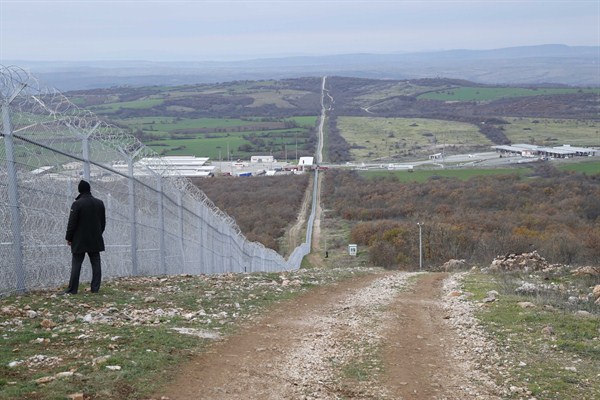Earlier this month, the Council of the European Union—the body known also as the European Council where EU member states' leaders and government ministers meet—formally approved a new border agency for the bloc, the European Border and Coast Guard, or EBCG. The new force will replace the EU’s existing border agency, Frontex, and also include national border authorities and coast guards. It will officially start its activities on Oct. 6.
Originally proposed last December during the height of the migrant crisis, the new force aims to provide better management of the EU’s external borders in order to deal with migrant flows, provide security and safeguard the free movement of people within the EU.
The EU hopes that the EBCG will succeed where Frontex struggled. Unlike Frontex, the EBCG will be able to purchase its own technical equipment, though it will still rely heavily on member state contributions. By 2020, according to plans, it will have a permanent staff of 1,000, double that of Frontex. The EBCG will also have a rapid response pool of 1,500 border officers that will be able to mobilize within five days when unexpected events occur on the EU’s borders.

